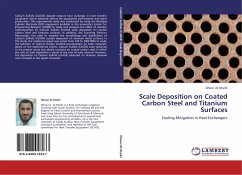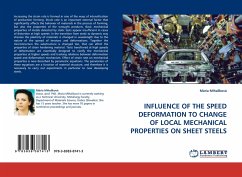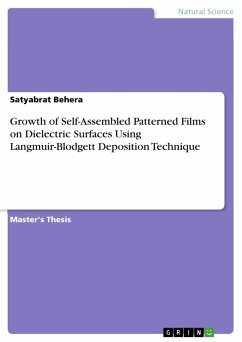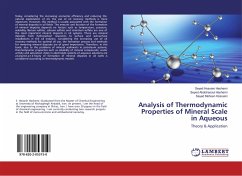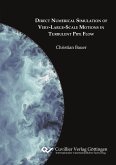Calcium Sulfate (CaSO4) deposit reduces heat exchange in heat transfer equipment which adversely affects the equipment performance and plant production. This experimental study was conducted by using the Rotating Cylinder Electrode (RCE) equipment available in the university s Center for Engineering Research (CER/RI) to study and compare the effect of solution hydrodynamics on Calcium Sulfate (CaSO4) scale deposition on coated carbon steel and titanium surfaces. In addition, the Scanning Electron Microscopic was used to examine the morphology and distribution of Calcium Sulfate (CaSO4) crystals deposited on titanium metal surfaces. In this study, the rotational speed was varied from 100 to 2000 RPM to study the behavior of Calcium Sulfate (CaSO4) accumulation on both materials. Based on the experimental results, Calcium Sulfate (CaSO4) scale obtained in the present study was almost constant on coated carbon steel in which the rate of scale deposition is equal to the rate of scaleremoval. However, the deposition of Calcium Sulfate (CaSO4) observed on titanium material was increased as the speed increased.

